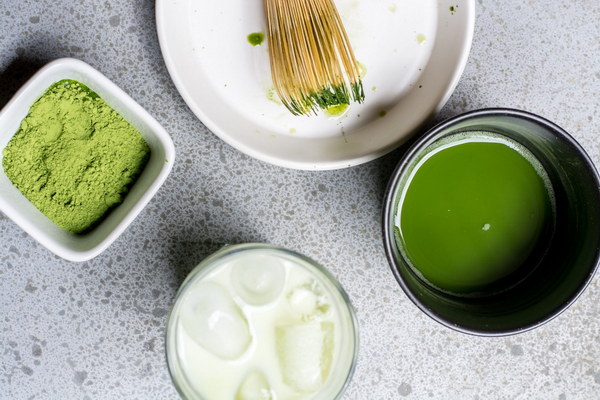The Impact of Exercise on Qi and Blood Does It Deplete or Boost Them
Introduction:
Exercise is an essential part of maintaining a healthy lifestyle. It not only improves physical fitness but also has numerous mental and emotional benefits. However, there has been a debate on whether exercise depletes or boosts Qi and Blood in the body. In this article, we will explore the impact of exercise on Qi and Blood, and whether it has a positive or negative effect on one's overall well-being.
Does Exercise Deplete Qi and Blood?
1. Traditional Chinese Medicine Perspective:
According to Traditional Chinese Medicine (TCM), Qi is the vital life force that flows through the body, maintaining the balance of health. Blood, on the other hand, is responsible for nourishing the tissues and organs. TCM suggests that excessive exercise can deplete both Qi and Blood, leading to fatigue, weakness, and other health issues.
2. Moderate Exercise:
Moderate exercise, on the other hand, is believed to be beneficial for Qi and Blood. Regular physical activity helps improve blood circulation, which, in turn, enhances the transportation of Qi throughout the body. This can lead to increased energy levels, better digestion, and improved overall health.
3. Intense Exercise:

Intense exercise, such as marathon running or high-intensity interval training (HIIT), can temporarily deplete Qi and Blood. This is because such exercises require a significant amount of energy and can overtax the body. However, the body has a remarkable ability to recover and replenish Qi and Blood, especially if the individual is well-rested and maintains a balanced diet.
Does Exercise Boost Qi and Blood?
1. Improved Circulation:
Regular exercise promotes better blood circulation, which is essential for transporting Qi and Blood throughout the body. This ensures that all tissues and organs receive adequate nourishment, leading to improved overall health and vitality.
2. Enhanced Immune System:
Exercise has been shown to boost the immune system, which plays a vital role in maintaining the balance of Qi and Blood. A strong immune system helps fight off pathogens and infections, reducing the risk of diseases that can deplete Qi and Blood.
3. Stress Reduction:
Exercise is a powerful stress reliever. Stress can lead to an imbalance in Qi and Blood, causing various health issues. Regular physical activity helps reduce stress levels, promoting a harmonious flow of Qi and Blood.
Conclusion:
In conclusion, the impact of exercise on Qi and Blood depends on the intensity and frequency of the exercise. While intense exercise can temporarily deplete Qi and Blood, moderate and regular physical activity is beneficial for maintaining a healthy balance. To maximize the benefits of exercise, it is crucial to listen to your body, maintain a balanced diet, and ensure adequate rest and recovery. By doing so, you can harness the positive effects of exercise on Qi and Blood, leading to improved overall health and well-being.









